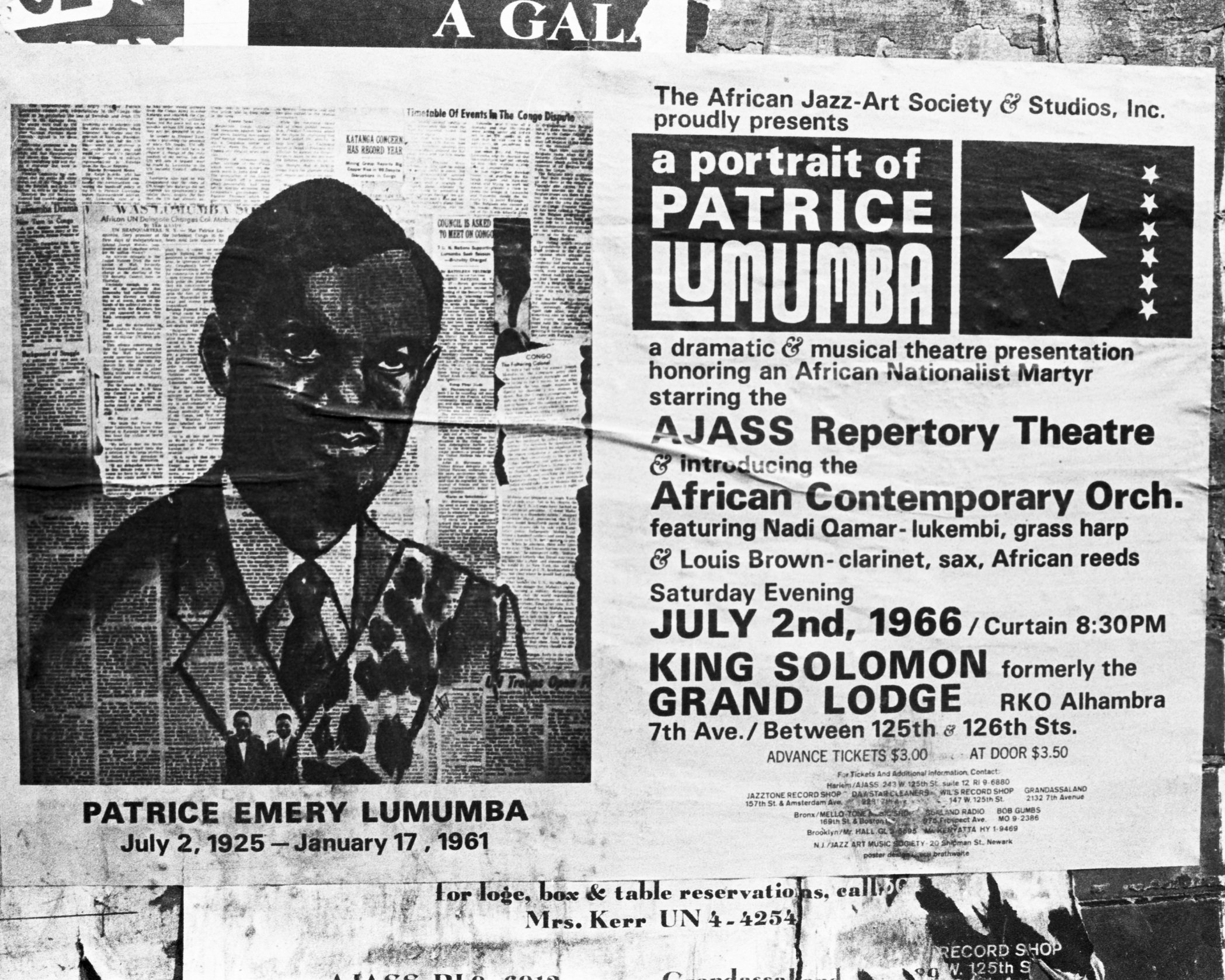
Introduction: Transnational Solidarity
Introduction by Teaching for Change
The Civil Rights Movement in the United States was connected to the international struggle against colonialism. Such well-known African American historians as W. E. B. Du Bois and Carter G. Woodson had long linked U.S. racism and segregation to the colonial system in Africa and other parts of the world.

Introduction: Black Power
Introduction by Teaching for Change
If the nonviolence of the Southern Freedom/Civil Rights Movement frightened mainstream people in the United States, the Black Power movement confronted institutional racism with a youthful boldness and fearlessness unseen since enslaved Africans took up arms in the Civil War. In this section, important “founding documents” of the Black Power movement are examined. In addition, the section explores the impact of Black Power on other oppressed peoples in the United States.
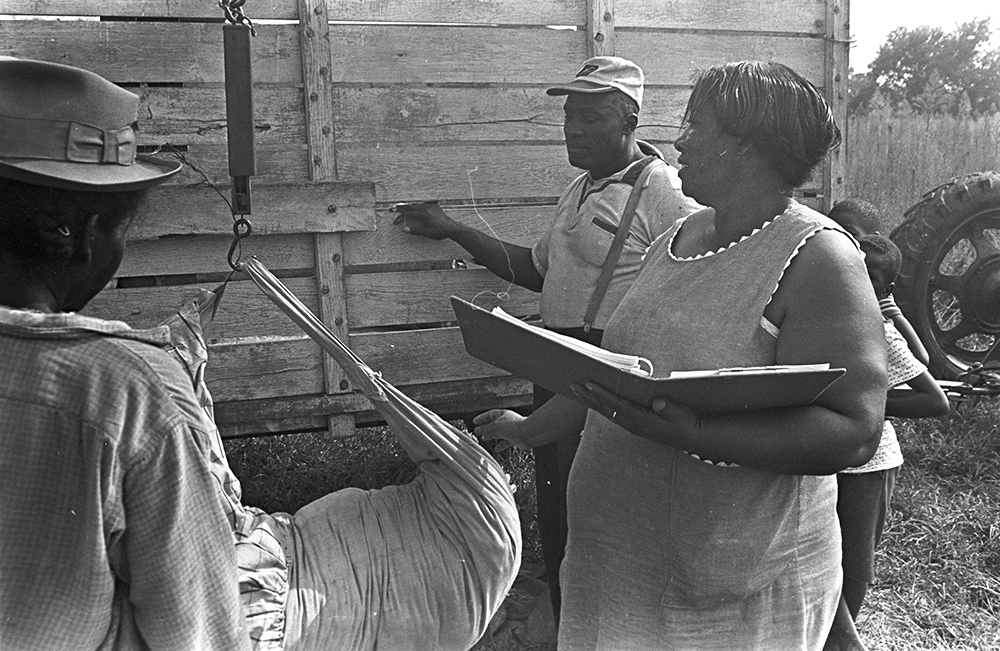
Introduction: Labor and Land
Labor and land have always been central to the struggle for civil and human rights in the United States. In this introduction, we share a few examples.
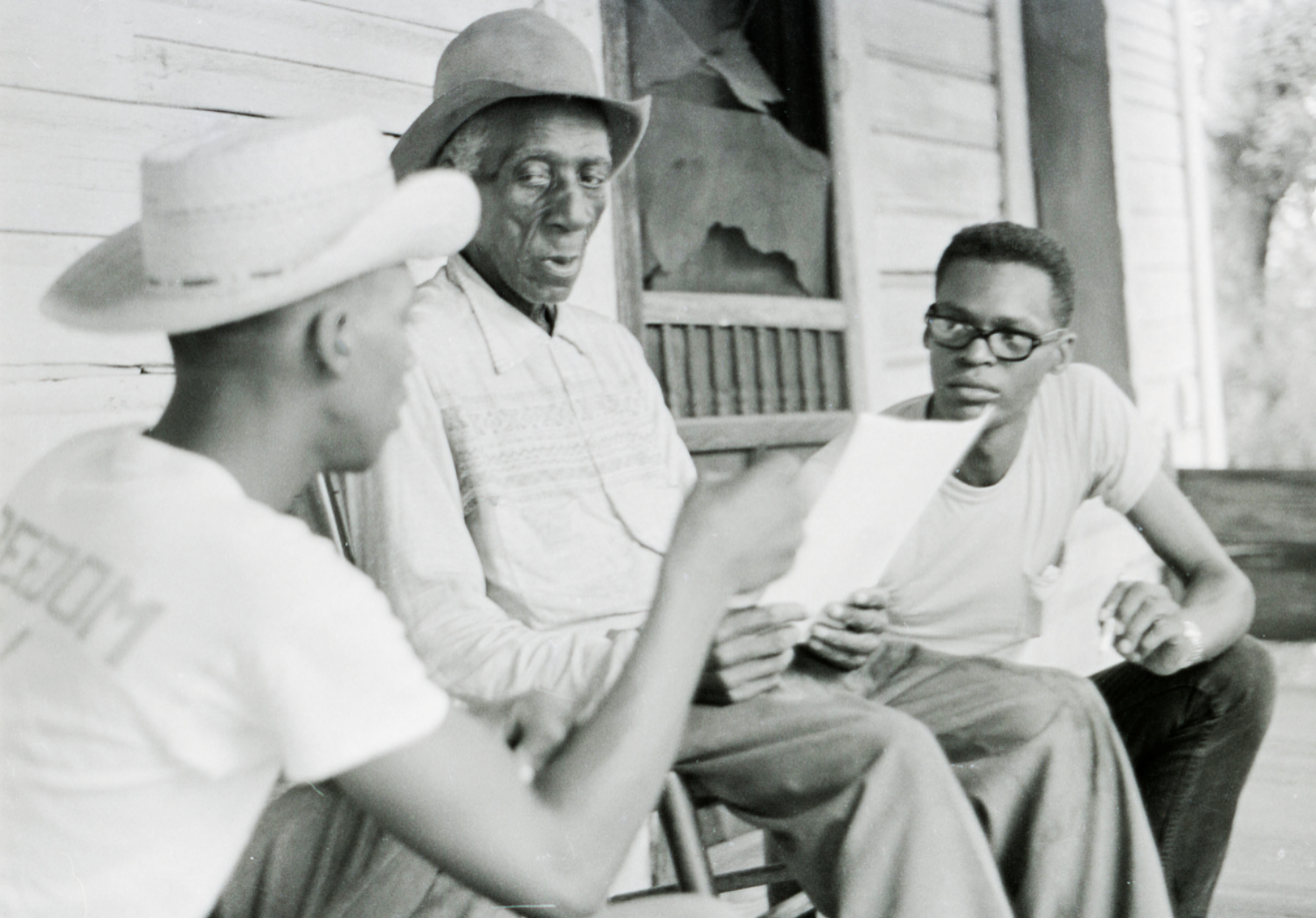
Introduction: Voting Rights
Learning the full history of the fight for voting rights is especially important today, in light of the 2013 Shelby v. Holder U.S. Supreme Court decision that struck down the 1965 Voting Rights Act provisions requiring certain states to obtain federal preclearance before changing voting laws.
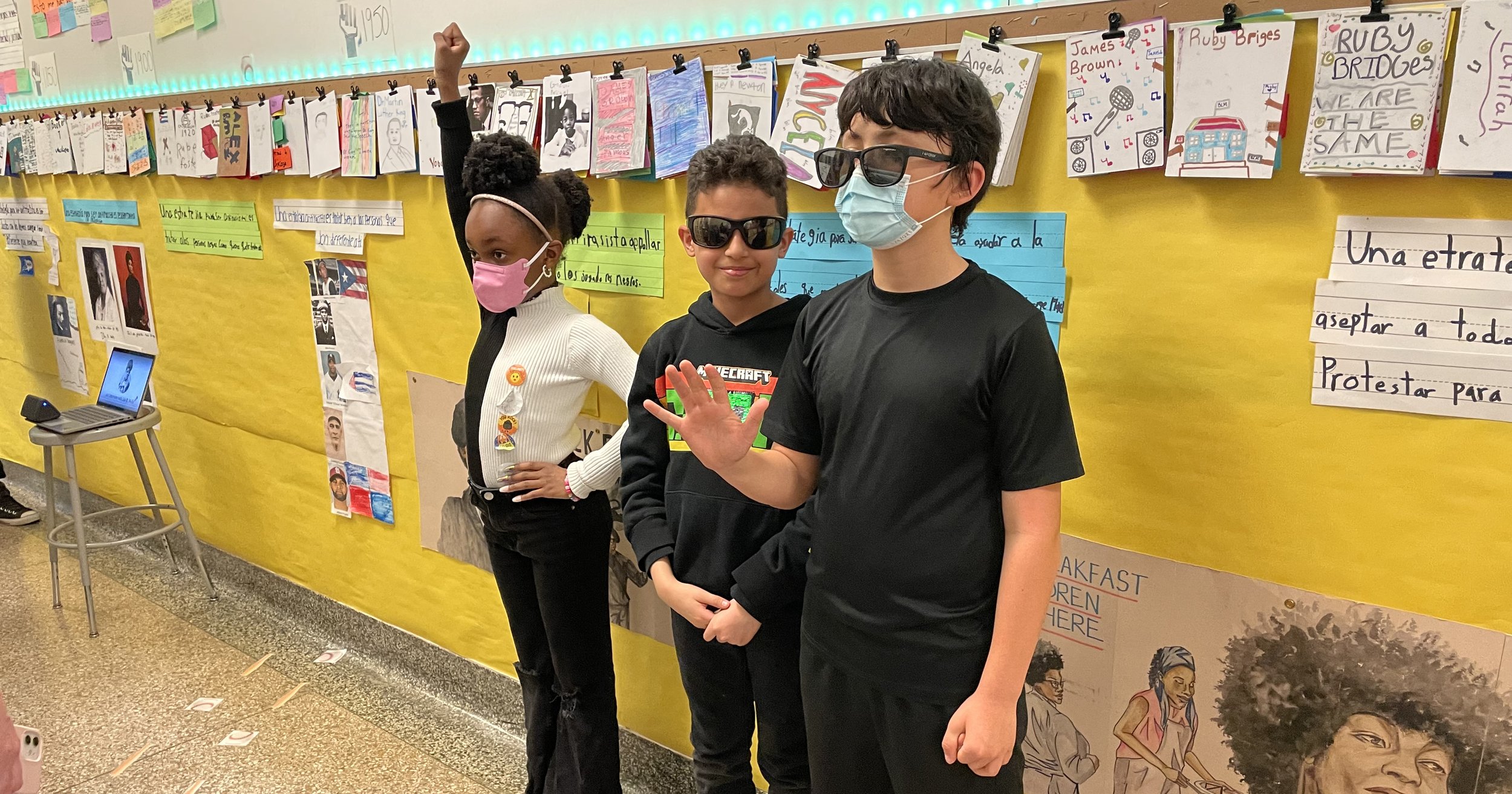
Introduction: Student Engagement
Introduction
This section highlights ways that teachers and young people can work together to learn about and document Civil Rights Movement history — and apply it to their lives today.
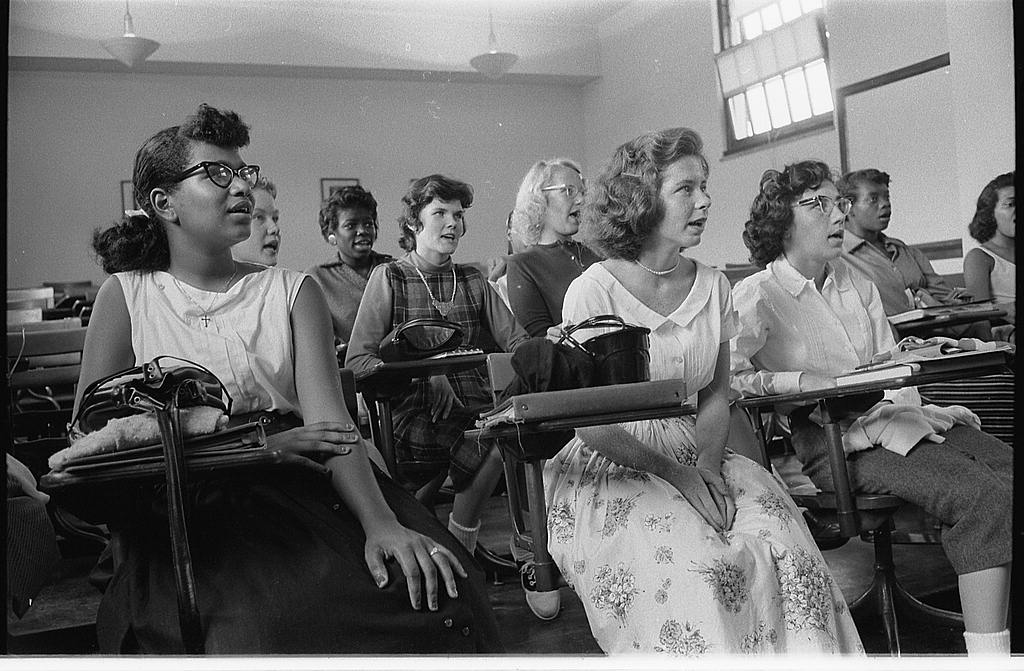
Introduction: Desegregation
Introduction
Throughout U.S. history, communities of color fought for their right to equal access and for human dignity and equity. Desegregation in public schools, transportation, and other accommodations was more than court cases and legal victories. Desegregation was a long struggle led by students, parents, and every day citizens. . . . They were not interested in integration, or the desire to mingle socially or otherwise with whites, but to break and reconstruct institutions that forced people of color into positions of poverty, illiteracy, and political powerlessness.
